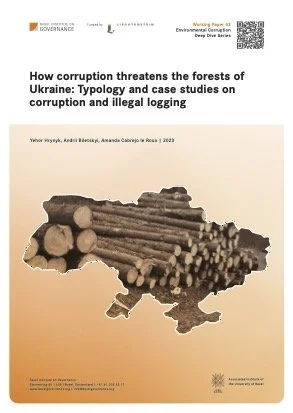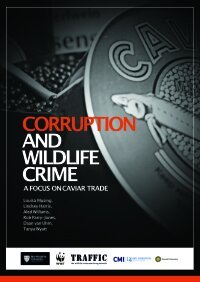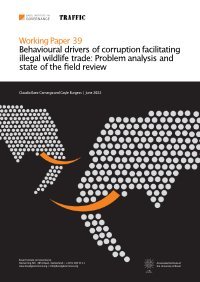By Yehor Hrynyk, Andrii Biletskyi, and Amanda Cabrejo le Roux
This report offers a detailed deep dive into how corruption fuelled illegal logging in Ukraine during the period before the full-scale war. It explains how the Russian invasion has raised the risks of illegal logging, by increasing demand for wood and its relative value as a resource, and by reducing inspections and civil society oversight.
Building on pre-war case studies, selected interviews and a review process with various stakeholders, the report outlines the widespread corruption challenges in Ukraine's forestry sector and proposes relevant interventions in the war and reconstruction contexts.
The report identifies specific corruption patterns linked to three main types of illegal logging:
By private actors such as communities and criminal groups, who can evade justice by corrupting law enforcement officials.
By forest management officials, who sometimes obtain false paperwork to fell trees – thus easing their export abroad.
Following the illegal appropriation of forests through manipulation of land documents.
A significant proportion of wood illegally logged in Ukraine comes with (illegally obtained) permits, so can be "legally" exported to foreign markets in the European Union and elsewhere.
Both governments and the private sector in countries that import wood and/or support Ukraine's reconstruction efforts have a role to play in preventing the illegal destruction of Ukraine's forests.
Working Paper 43
Basil SWIT: Basel Institute on Governance, 2023. 62p.










